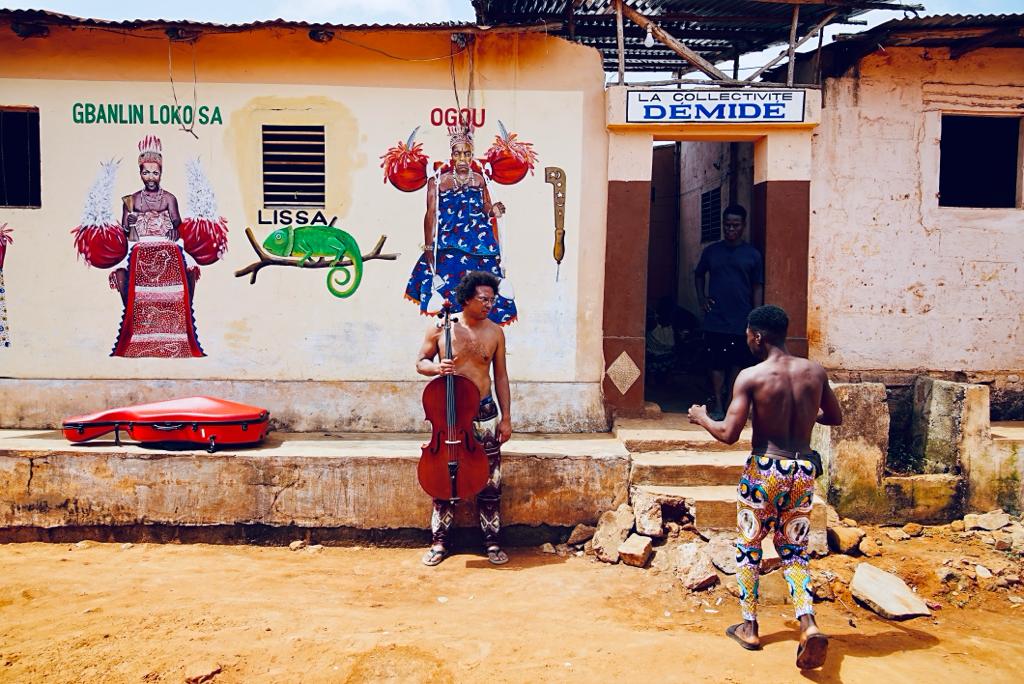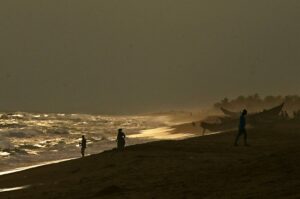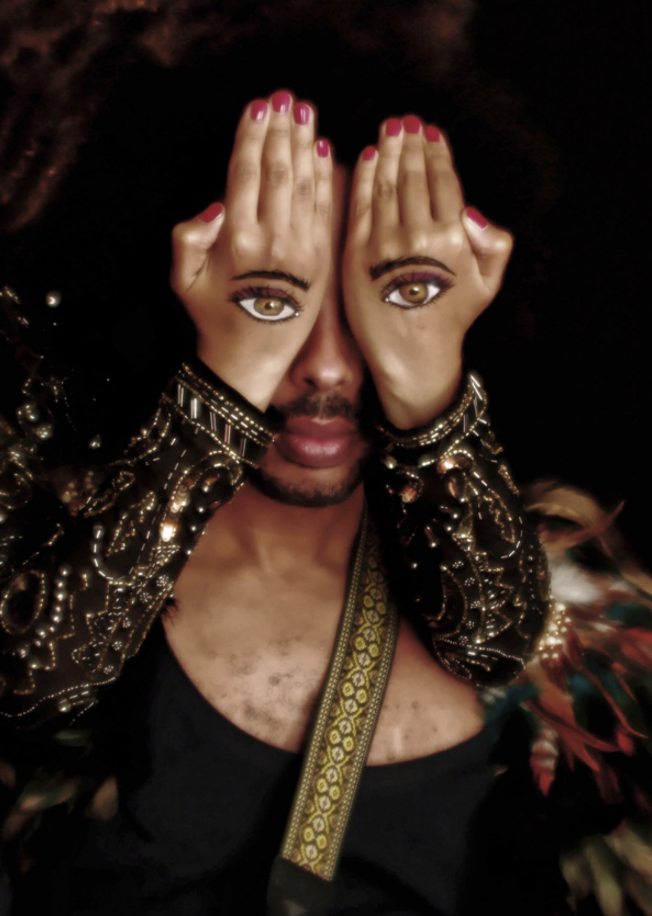Dodji
Film in progress
Director : Amaury Voslion
Duration : 52 minutes
Year of production : In development
Supports : Sacem, CNC, Procirep Angoa
Co-producers : Amart Film, Vodoon Records
"Thomas Dodji Kpadé hears a sound in his head, a rhythm from elsewhere. A Franco-Beninese mixed-race man, an IT engineer but also a talented cellist, this caring father and husband decides to put everything on hold to travel to Benin, immerse himself in Vodoun culture, and discover the source of this sound that has always inhabited him."
Dodji is a film about Composition—what composes a person as well as what composes music. Its movements, nuances, influences, roots, rhythm... Like the river meeting the sea at the Mouth of the King in Grand Popo, near the border between Benin and Togo, and their waters mingling, the mixed blood coursing through the veins of Thomas Dodji Kpadé is composed of two cultures where music reigns supreme.
By meeting the practitioners of traditional Vodoun music in Benin—the musicians of the "Sacred Drums," the orchestra of His Majesty Daagbo Hounon II, the supreme leader of Vodoun—Thomas seeks to find the original rhythm, the primordial sound of his life's story, the sound of "co-birth" (a play on words combining "co-knowledge" and "birth").
Beyond the personal experience, the film also speaks to us about what composes a society, its culture, and the migrations of populations that nourish it. For nearly four centuries, Vodoun, which permeates the culture of sub-Saharan Africa, has been demonized by monotheistic religions and former colonial powers. Its portrayal, influenced among others by American cinema, has mostly depicted it as caricatural witchcraft.
As a result, Thomas's father, a Beninese man and Vodoun initiate since his earliest childhood, never dared to speak about it to his son... Today, perceptions are beginning to change regarding this culture and what it can teach us. This is also what Thomas Dodji will discover by following the paths of musical composition, marrying his classical cello training and Western influences (electro, funk, jazz) with the polyrhythmic percussions of sacred Beninese music.


LES FILMS DE LA BUTTE © All rights reserved 2026
